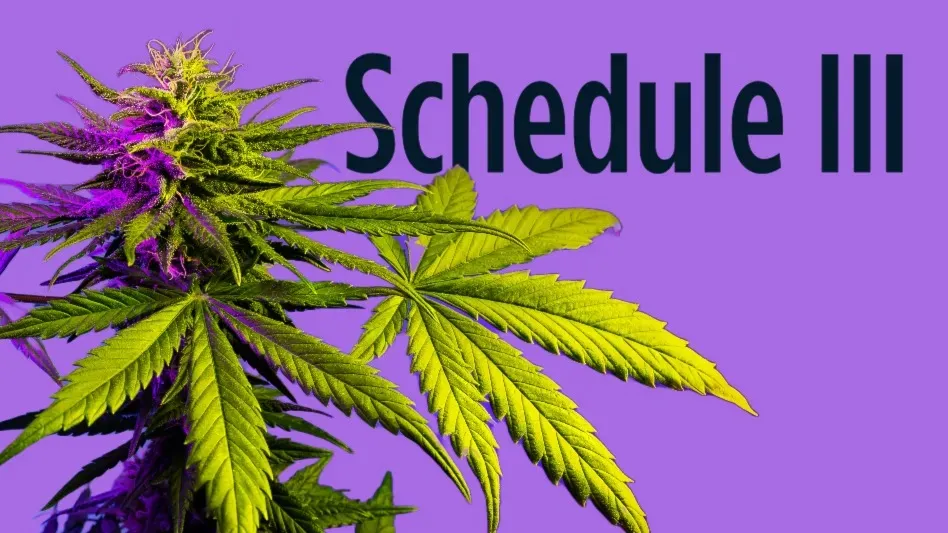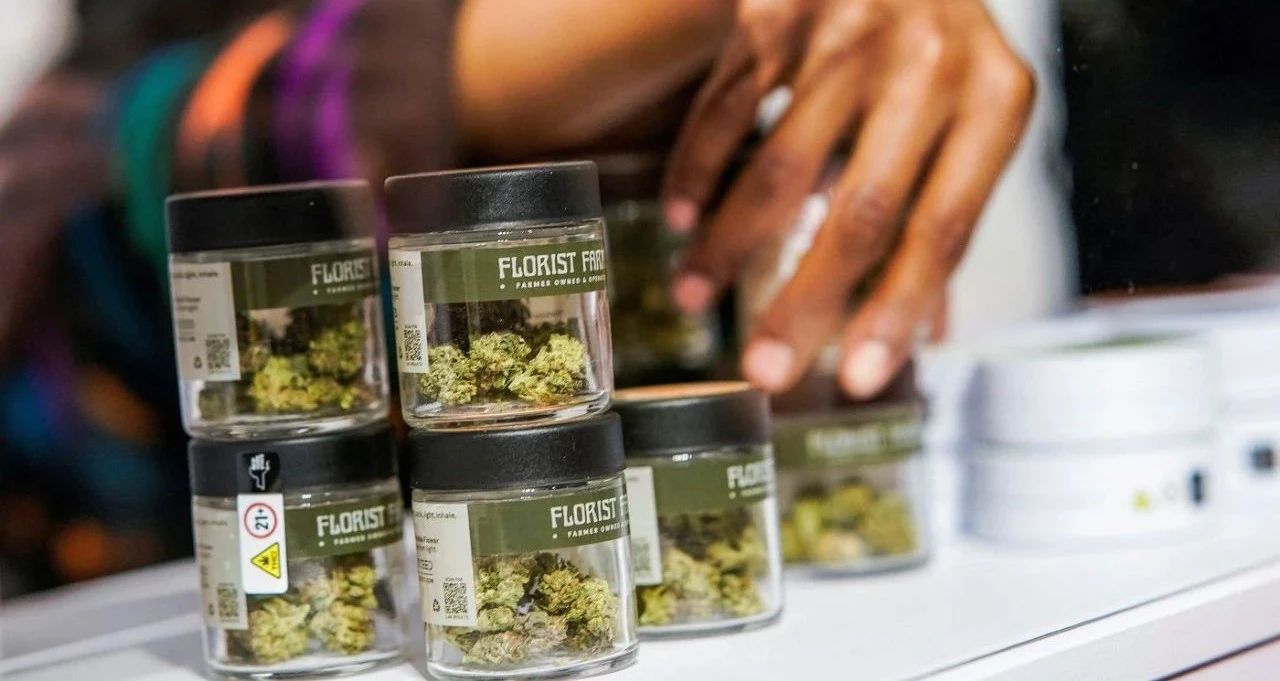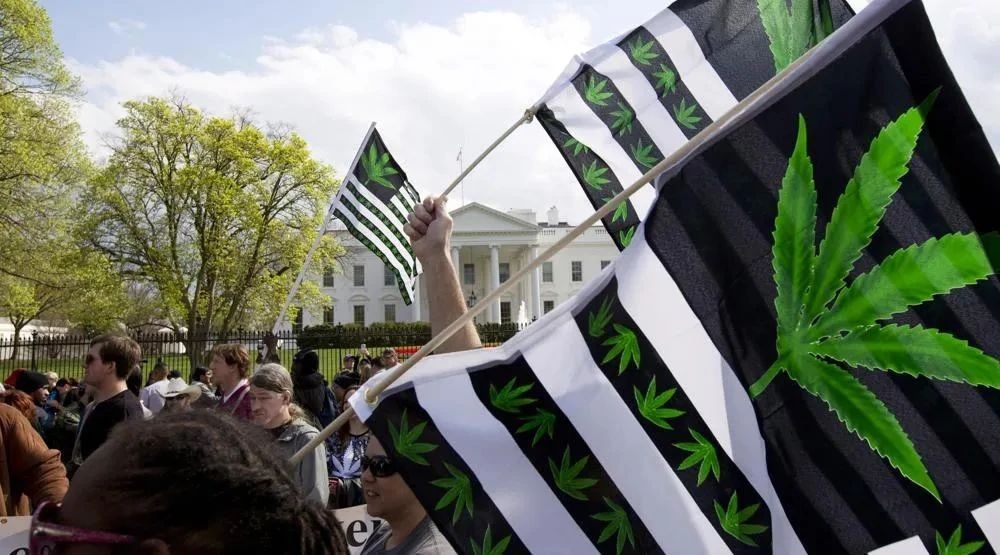16oz 32oz Glass Mason Jar Canning with Metal Lids Jam Glass Mason Jar
Mason Jars 12 oz With Regular Lids and Bands, Ideal for Jam, Honey, Wedding Favors, Shower Favors, DIY Spice Jars
Mason Jars 12 oz With Regular Lids and Bands, Ideal for Jam, Honey, Wedding Favors, Shower Favors, DIY Spice Jars
Product name PET oral liquid bottle Use Medicine Capacity 10ml 15ml 20ml 30ml Color amber clear PET tube Material PET Bottle Application Meidical Packaging Cap Tamper Cap OEM/ODM Accepptable Logo Customized Logo
Product Display These child resistant plastic tubes lock in the freshness. Despite meeting the child resistance standards, it’s easy to open for adults, taking advantage of an intuitive squeeze top design. Looking like simple, inconspicuous 19*116mm plastic tubes. Details Images Water ResietantT Airtight Smell Proof. No mess and odor sealing tube secures your thing snug inside keeping it fresh clean and dry. Easy To Carry In Pockets and Purses Without Worrying About Damage or Breakage, Excellent Protection From Breakage While Keeping Items Super Fresh Child Resistant Safety Squeeze Cap Helps with Safe Storage. When it's time to open your airtight jar, Just squeeze the sides of the bottle gently, hear the pop, and take what you need. Conveient Size. Tube measures4.75” L x 0.75”, Holds One 116mm Pre-Roll. UV resistant tube fits all your every thing.
Made of the highest-quality premium glass, our 5ml 9ml 15ml square glass cosmetic jar also comes with a child-resistant square cap. It's perfect for any variety of premium concentrates, waxes, or oils. Finished with their smooth, sleek black child-resistant caps, concentrate glass jar never fail to impress. With a simple but sophisticated design, these concentrate jars become an easy choice to feature any logo, improving your brand awareness tenfold. Set yourself apart from the crowd with concentrate jars that truly look the part. marijuana420packaging works hard to manufacture their glass with the highest-quality, food-grade glass on the market. This ensures the utmost in safety and freshness for your concentrate inside. The concentrate capacity guide is as follows: 5-7mL can fit up to 1g 9mL can fit 1-2g 15mL can fit 2-4g Make UP Cosmetic USe Wide application: you can use travel cosmetic jar to store lotions, cream, shampoo, powder and so on; They can also be applied as glass storage...
Wide Mouth Glass Bottle Container Smell Proof Child Resistant Glass Jars with Magnifying Lids
 2024-05-07
2024-05-07
According to a confirmation from the US Department of Justice on Tuesday, the Drug Enforcement Agency (DEA) has made a historic decision to agree with the opinion of the Supreme Federal Health Service (HHS), proposing to reclassify marijuana under the Controlled Substances Act (CSA) from Schedule 1 (prohibited) to Schedule 3 (prescription drugs), but this does not legalize recreational use.

As soon as the news came out, the stock price of marijuana surged collectively. The stock prices of cannabis companies Tilray, Canopy, Cronos, and SNDL surged 41.7%, 67.5%, 15.7%, and 24.4% during trading, respectively. In addition, the MJ PurePlay 100 Index, which tracks the global cannabis industry, rose 22%, marking the largest increase since October 2022. The AdvisorShares Pure U.S. Canabis ETF surged 25% before trading was suspended.
According to the judicial process, the US Drug Enforcement Agency proposes to have the White House Office of Management and Budget (OMB) conduct a three-month review. After reviewing the proposal at the White House, it will be rescheduled back to the Department of Justice, which will publish a proposed rule in the federal registry and seek public opinion. There may also be an administrative hearing before it can be finalized.
I believe that this proposal will soon appear on the public review list of the Federal Department of Health and Human Services. If approved, it means that marijuana pharmacies are no longer strictly regulated and do not need to have many restrictions. Just register with the Anti Drug Administration like regular pharmacies, and the situation of marijuana pharmacies blooming everywhere may occur.
What are the benefits of re regulating marijuana for marijuana companies?
Directly benefiting cannabis enterprises
After the relaxation of marijuana regulations, related industries can also be listed on the stock exchange, receive more tax reductions, and bank restrictions will also be lifted. Due to the federal government's ban on marijuana, marijuana companies are unable to obtain bank loans or financial services, forcing them to rely on cash transactions, which will provide fair treatment to legitimate marijuana businesses in each state.
This cannot be without mentioning the 280e clause of the US IRS tax law. According to this provision, companies selling a type of drug are not allowed to deduct operating expenses from taxes, which means that American marijuana companies actually have to pay taxes based on gross profit, and the huge tax burden makes it difficult for them to achieve profitability or positive cash flow. If marijuana is re regulated, American marijuana companies will be able to deduct operating expenses before tax like other companies, which will greatly enhance their profitability.
The re regulation of marijuana in the United States will directly benefit cross state marijuana operators (MSOs) currently engaged in over-the-counter trading, but Canadian marijuana companies will also benefit from it.
For example, Canopy holds warrants to acquire multiple US marijuana companies and establishes the US holding company Canopy USA, which holds these warrants. Once major US stock exchanges allow marijuana companies to go public, the company will execute these warrants. In addition, Tilray CEO Simon Irwin stated in January that once marijuana is re regulated, the company will enter the US market "quite quickly". Although Cronos withdrew from its CBD business in the United States last year, it still holds a 45% stake in tobacco giant Gottli. Finally, SNDL Holdings has a unique approach to entering the United States by buying debt from multiple US cannabis operators through a joint venture called SunStream.

Legitimacy and research opportunities in the medical community
In addition, the relaxation of regulations also helps with the progress of cannabis research. Clinical research on drugs requires a large amount of actual user experience reports, and in the past, cannabis has always been a listed substance in the appendix, making it difficult for the academic community to conduct more research, forming a contradictory situation. Downgrading may not immediately eliminate all research barriers, but Appendix III drugs are easier to study.
Although evidence of the use of medical marijuana can be traced back thousands of years, it has gained increasing research recognition and medical advice from doctors. In recent years, there has been a significant increase in people's understanding of the medical benefits of marijuana, but compared to many other drugs and treatment methods, marijuana is still not widely accepted and understood.
Although it is the largest neurotransmitter system in the body, the endogenous cannabinoid system is usually not included in the curriculum of American medical schools. Even if doctors do recognize marijuana as a potentially valuable treatment method, many doctors do not recommend medical marijuana because they are concerned about legal or professional impact, including in many states where medical marijuana is legal, and most patients do not fully utilize it.
In Appendix 3, cannabis is considered to have recognized medical treatment uses, and this legitimacy may have a transformative impact on the medical community and its promotion of the use of medical cannabis, which will lead to more research on drug formulation, dosage, and administration methods. It can also reduce shame and alleviate concerns among doctors about its treatment or recommending its use to patients.
For large pharmaceutical companies, as marijuana is currently a controlled drug, they will try to avoid the emerging medical marijuana industry as much as possible due to concerns about violating federal laws. If DEA reclassifies marijuana, these companies can enter the corresponding market by acquiring other medical marijuana companies that already have their own national or state level brands. Reference reading: "Pfizer, the world's largest pharmaceutical company, announced a high-profile $6 billion cash layout for medical marijuana pharmaceuticals!"
Existing research indicates that marijuana has great potential for a wide range of medical and therapeutic uses, which has brought hope for the development of marijuana based drugs. Reclassifying it as Appendix III is not a perfect or ultimate solution, however, it ultimately officially recognizes the medical efficacy of marijuana, which has had a huge and long-term social impact on medicine, patients, and the industry.
Promote the re regulation of cannabis in Europe
Despite different regulatory and policy backgrounds, it is highly likely that European countries will also consider reform after using the cannabis reclassification proposed by the DEA in the United States. A comprehensive evaluation of existing laws will determine what modifications are needed to introduce cannabis reclassification similar to the DEA proposal.
Alternatively, following the example of the American Marijuana Legalization Federation, Europe could establish an alliance similar to the American Marijuana Legalization Federation to promote the reclassification of marijuana in Europe, categorizing it into less restricted categories. Dialogue with European institutions such as the European Commission and the European Parliament is crucial in exploring the possibility of coordinating cannabis policies at the EU level.

Review of Federal Marijuana Classification Reform in the United States
In 1970, the US federal government launched a drug war against marijuana, classifying it as a primary drug with no medical use through the Controlled Substances Act. Under federal anti trafficking laws, offenders were sentenced to heavy sentences.
In recent years, various states in the United States have been carrying out cannabis law reforms. Currently, 38 states in the United States have legalized medical marijuana, and another 24 states have legalized recreational marijuana. The federal government's policies are clearly lagging behind most states, and the downgrade of marijuana will help narrow the legal gap between states and the federal government.
In October 2022, US President Biden called for a review of marijuana drug classification and signed an executive order pardoning thousands of citizens who had violated federal laws for possessing marijuana. He also called on state governors and local leaders to take similar measures to move towards marijuana decriminalization.
President Biden instructed the Department of Health and Human Services in October 2022 to submit a review of the grading of marijuana. The conclusion drawn by federal scientists is that there is reliable evidence to suggest that marijuana has medical benefits and poses lower health risks compared to other controlled substances.
The US Department of Health and Human Services (HHS) explains in this 252 page document that marijuana currently has "recognized medical treatment uses in the United States, and its likelihood of abuse is lower than that of drugs or other substances listed in Tables 1 and 3.".
HHS officials have found that "over 30000 healthcare professionals from 43 jurisdictions in the United States have been authorized to recommend medicinal marijuana for the treatment of at least 15 types of diseases to over 6 million registered patients. These healthcare professionals operate according to jurisdictional authorization programs that have been implemented, and there is currently widespread medical use practice. These medical uses of marijuana are recognized by regulatory medical practice agencies."
In August 2023, Rachel Levine, Assistant Secretary of Health for the Biden administration, wrote a letter to Anne Milgram, Director of the United States Drug Enforcement Agency, formally recommending that the agency reclassify marijuana from a Class I controlled substance to a Class III substance.
President Biden first mentioned marijuana in his State of the Union address in the spring of 2024. President Biden said, "No one should be imprisoned for using or possessing marijuana."
Today, the Drug Enforcement Administration of the United States finally gave a reply, agreeing with the proposal of the United States Department of Health and Human Services (HHS). After becoming a Class III drug in the appendix, cannabis will be on par with codeine containing Tylenol and synthetic metabolic steroids (commonly found in synthetic androgens).
 Online service
Online service +86 15375471059
+86 15375471059 [email protected]
[email protected] allanshi0520
allanshi0520 +8615375471059
+8615375471059